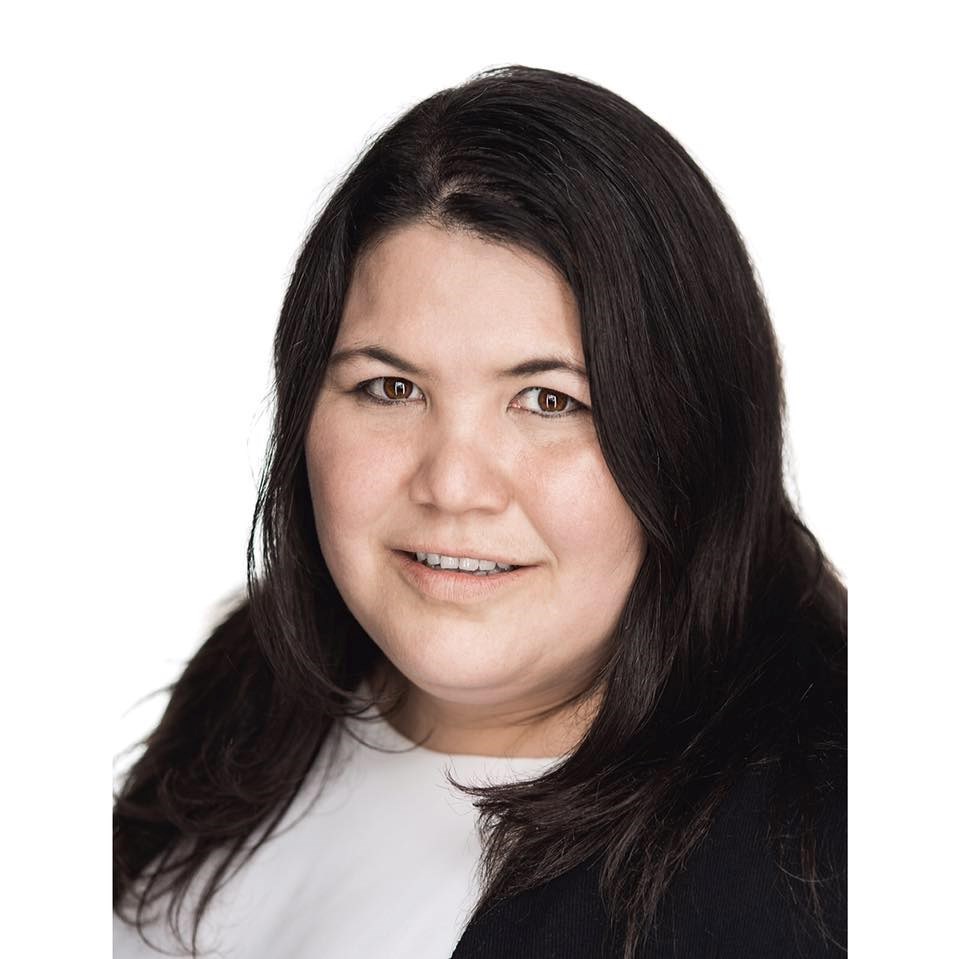There have been a lot of interesting conversations on respect and respecting other people’s backgrounds and cultures. This is something that I truly and strongly believe in — genuine respect goes a long way.
As a whole, this can be a large, daunting topic.
I work in Indigenous relations and I present on the topic quite often. I find people are nervous and apprehensive to enter into new situations because it might be uncomfortable, they are scared to make a mistake or they don’t know where to start.
A great place to start is learning to correctly pronounce someone’s name, the name of their community or organization they work for or belong to.
I know it’s been a while since any of us have been to a large community event, awards ceremony or formal gathering. Think back to a time when you’ve seen someone at a microphone and is about to say a Territorial acknowledgment, the name of an organization or call someone’s name and they begin with the dreaded words:“I know I am going to butcher this, but …”
It’s a phrase we’ve heard so many times. It’s something someone says when they know they are going to say it wrong. It’s a common term and I know I’ve used it in the past, too.
I am not perfect, and I can assure you that I have mispronounced people’s names and the names of First Nations. I have committed to preparing myself and take a few steps to lead in a better way.
If I am going to an area where I need to offer a Territorial acknowledgment, I will call the local First Nations and ask how to say the name properly. They will say it to me, and I will repeat it back until I am told I have said the name correctly.
I have done the same for organizations and businesses that I am unfamiliar with. I think it’s a sign of respect and it only takes a few minutes.
In my late teens, I worked with a gentleman named Claude and he was from Quebec. Everyone who talked to him would call him “Clawd” and I corrected them and said “Clode.” So many people would say to me: “Yeah, I can’t say that, so I just say Clawd.” Sometimes, I would spell out the letters C-L-O-D-E. It was a phonetic English spelling to show that it could be done.
Asking someone how to pronounce their name or home community and working at it until you can do it, shows that you want to learn and that you value the person and their background.
I have a name that a lot of people mispronounce, and it’s happened all my life. I have grown to expect people won’t say it correctly and it doesn’t offend me at all, but when someone I’ve never met says it correctly the first time, I notice.
Some people think my name is Carla with a silent “h” and others think the “Ch” is a hard sound like “chipmunk,” but it’s a soft sound like “Sharla.”
I recently discovered a fancy new addition on LinkedIn. It’s a pronunciation feature that any user can add to their profile. The user can record their voice saying their name and anyone can click on the speaker icon next to their name to hear the correct pronunciation. So simple, yet so fantastic.
When discussing this feature with colleagues, they shared thoughts of the possibilities on other platforms and email signatures using this feature.
For anyone reading this who has a unique name that is mispronounced all the time, this could be a valuable new tool. This feature allows people to say their name and for other people to learn to pronounce it in a very respectful way.
If this catches on, there will be no excuse to say people’s names incorrectly. It will become common practice that we each take a few minutes to familiarize ourselves in correctly pronouncing the names of people, communities, and organizations.
While we are waiting for this feature to become mainstream, if you aren’t sure how to say the name of a person or a community, pick up the phone and ask.



